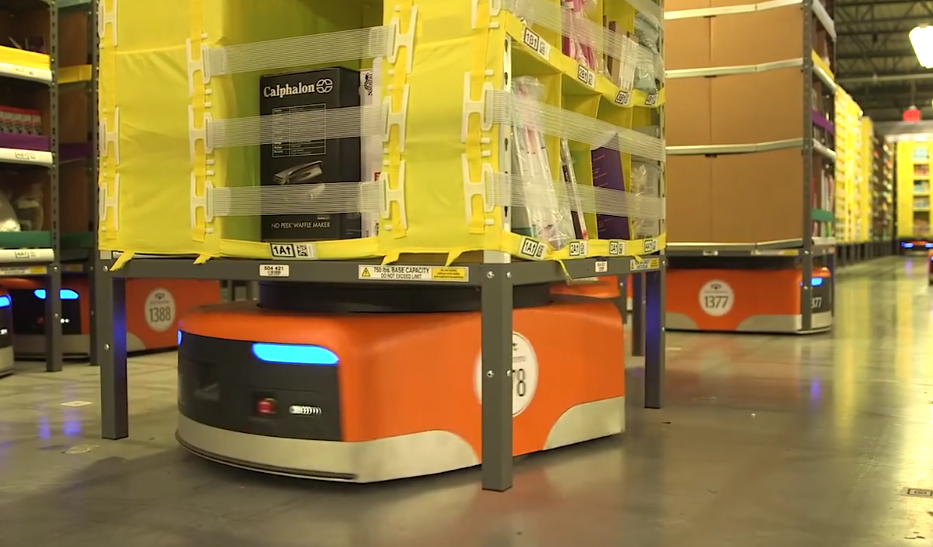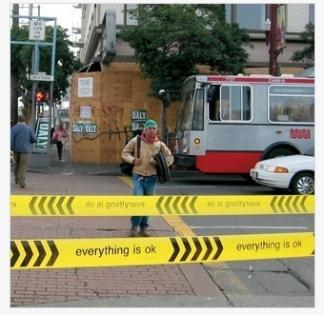Rather bizarrely, one of the most popular blog posts I’ve ever written concerned colour. Specifically, why grey is the new black. Given that I’ve obviously acquired a readership amongst colour consultants, decorators, architects and members of the Pinterest community, I’ve got something related to say and it’s something that hasn’t been commented on elsewhere. At least this was true until Christmas when Tyler Brule, writing in the Financial Times Weekend magazine, made the following astute comment:
“For the past two weeks I’ve been in South Tyrol hosting family, stocking up on wines from local producers and watching my mother hand-paint 1,500 LED Christmas lights in order to create the right seasonal effect indoors and out. (“Do people not see how bright and ugly LED lights are and that they’ve completely changed the spirit of Christmas?” she told me. “These are the lights they should be banning!”)”
His mother is right. LED lights have ruined Christmas and much else beside. The problem, I think, is that LED lights are too bright. There is no subtlety to LED lighting and, one might add, no soul. ‘White’ LEDs are the biggest problem though, because they aren’t really white at all. They give off a slight green hue, which makes me think of refrigerated meat well past its use by date. I’m told this problem is being addressed, but until it is it’s perhaps it’s time to get out the candles.



